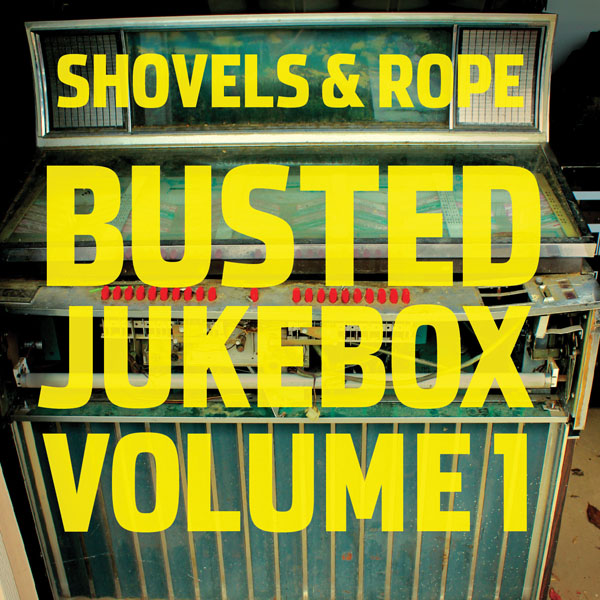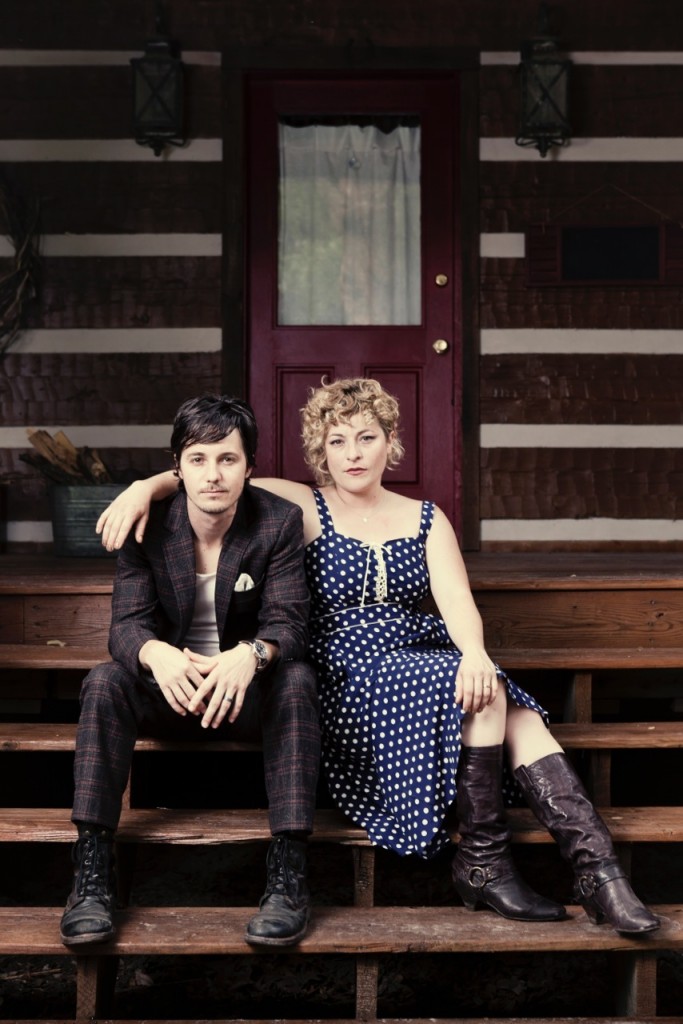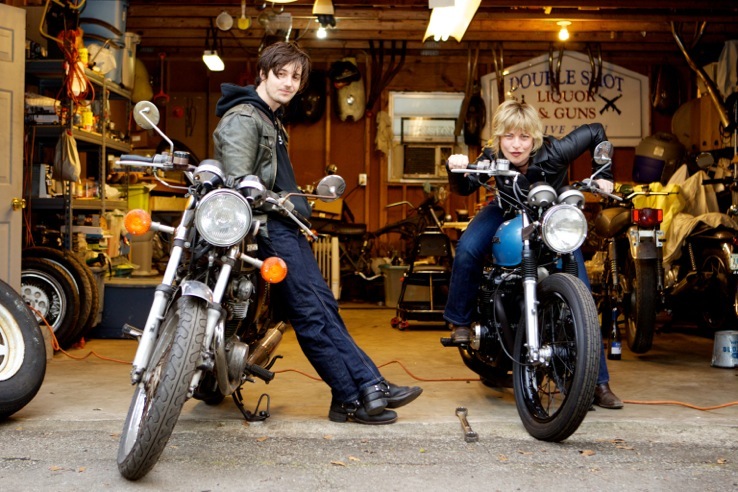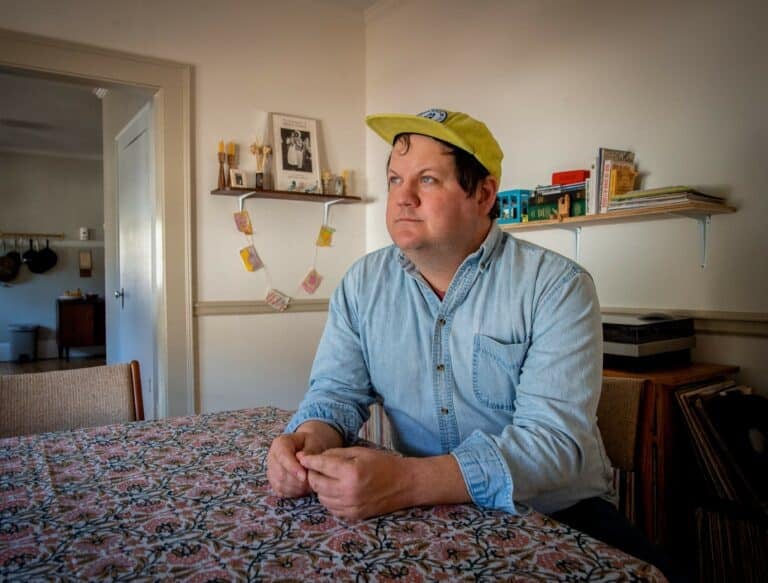Across a range of genres, there’s been a noticeable surge in recent studio albums dedicated to cover songs. Most notably, Ryan Adams tackled Taylor Swift’s 1989 in its entirety, Bob Dylan sang Sinatra as part of his take on old pop standards, Shadows in the Night, and metal icon Danzig offered interpretations of ZZ Top, Aerosmith and the Everly Brothers on the all-covers set Skeletons.
Another emerging trend last year was the surprise LP: bands dropping fresh releases with little or no warning. Coldplay’s new A Head Full of Dreams was released less than a month after being announced, and Wilco’s latest, Star Wars, suddenly appeared on the band’s website as a free download last summer. Let’s also not forget U2 slipping Songs of Innocence into all iTunes accounts, only to apologize for it later.
It’s all part of the music industry’s evolving playbook, as record sales become even more negligible but studio output becomes even more plentiful. With advanced technology, albums are relatively easy to crank out and don’t require access to a fancy studio. In addition to being artistic statements, they’ve also become, which sounds somewhat sad to say, necessary marketing tools for bands that live on the road and mostly depend on ticket sales to pay the bills.

This all comes to mind when listening to Busted Jukebox, Volume 1, the latest release from South Carolina duo Shovels & Rope. The album was announced four days before its release in late November and posted for a free streaming preview on NPR with no warning. Like the title suggests, it’s a collection of random covers done in the group’s raw acoustic style. While it would have been cool enough to just hear the hard-touring country-punk outfit’s hair-raising harmonies anchor twangy takes on tunes by Neil Young, Guns N’ Roses, Nine Inch Nails, and Lou Reed, the group, comprised of married couple Cary Ann Hearst and Michael Trent, took it a step further by enlisting a talented cast of friends to join them on all but one of the new effort’s 10 tracks.
Shovels & Rope emerged from Charleston five years ago and quickly became Americana darlings, touring relentlessly in a Winnebago, quickly packing clubs, and opening for the likes of Jack White and Jason Isbell. The band’s sound is unhinged and infectious, characterized by ragged minimalist delivery that’s propelled by powerful emotion and gutbucket tenacity. Hearst and Trent often trade off between an acoustic guitar and a bare-bones drum kit, stomping and hollering through fist-pumping anthems. There’s some of that vintage country male-female vocal chemistry—think Johnny and June or Graham and Emmylou—that can only come from genuine under-the-sheets passion.
Prior to its latest, the band released three albums, including 2012 breakout O’ Be Joyful. That album was made with some true independent grit, pieced together during lengthy tours with parts of some tracks cut in dive motels and even the back of a van. The same spirit, and at times method, prevails on Busted Jukebox. The album serves as both an experiential tour log and a snapshot of the vastness of the widely encompassing Americana scene, all while paying tribute to a diverse lot of influential predecessors.
Hearst and Trent recorded some of the covers that often rile up crowds during their raucous live shows, and the guest musicians—mostly contemporaries met on the road through shared bills and festival appearances—add the spontaneity of a front-porch sing-along to many of the songs. It took some diligence to coordinate schedules with the musicians they wanted to help. They pulled Shakey Graves into a hotel room to knock out a dusty barroom take on Neil Young’s “Unknown Legend,” and recorded a reverent version of Reed’s dirge “Perfect Day” with help from the venerable Preservation Hall Jazz Band during an on-stage rehearsal in New Orleans.
The album moves between the familiar and somewhat obscure—both in songs and cast—and runs through a wide range of roots music styles. JD McPherson leads the garage soul revamp of Toussaint McCall’s “Nothing Takes the Place of You,” while upstart singer-songwriter Caroline Rose helps out on Nine Inch Nails’ “Last,” an interpretation perfectly described by the band as “a psychobilly hoedown from hell.” Richmond rocker J. Roddy Walston also adds some husky wails to a vintage pop version of his own “Boys Can Never Tell.”
The most surprising resurrection is a retro folk reading of Guns N’ Roses’ acoustic ballad “Patience,” which juxtaposes Hearst and Trent’s edgy vocal frays with the smooth Simon & Garfunkel-style revivalist singing of the Grammy-nominated Milk Carton Kids. It turns the song into a gentle lullaby until it peaks with an impressive imitation of Axl Rose’s infamous original vocal crescendo—fun preservation of power-ballad fireworks.
The album closes with Hearst and Trent going guest free on a gospel-swamp version of Emmylou Harris’ “Leaving Louisiana in the Broad Daylight,” adding a little extra vigor to the line “that old highway goes on forever,” and proving they can do just fine when they’re not getting by with a little help from their friends.








